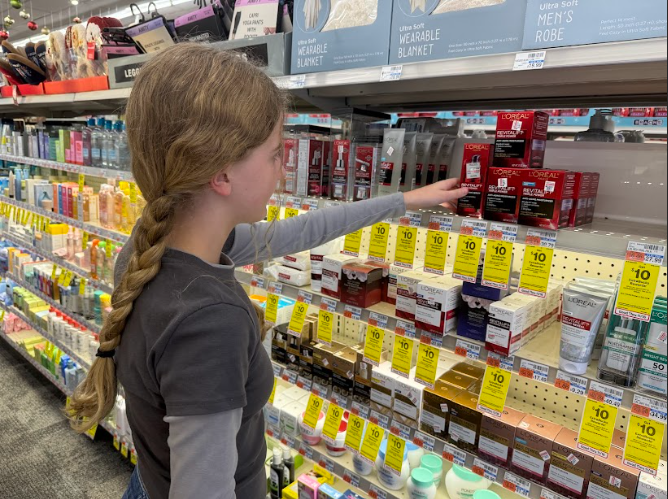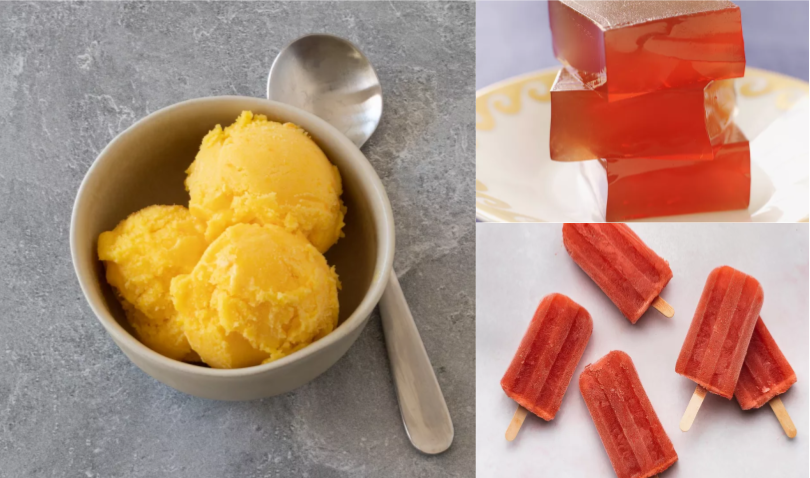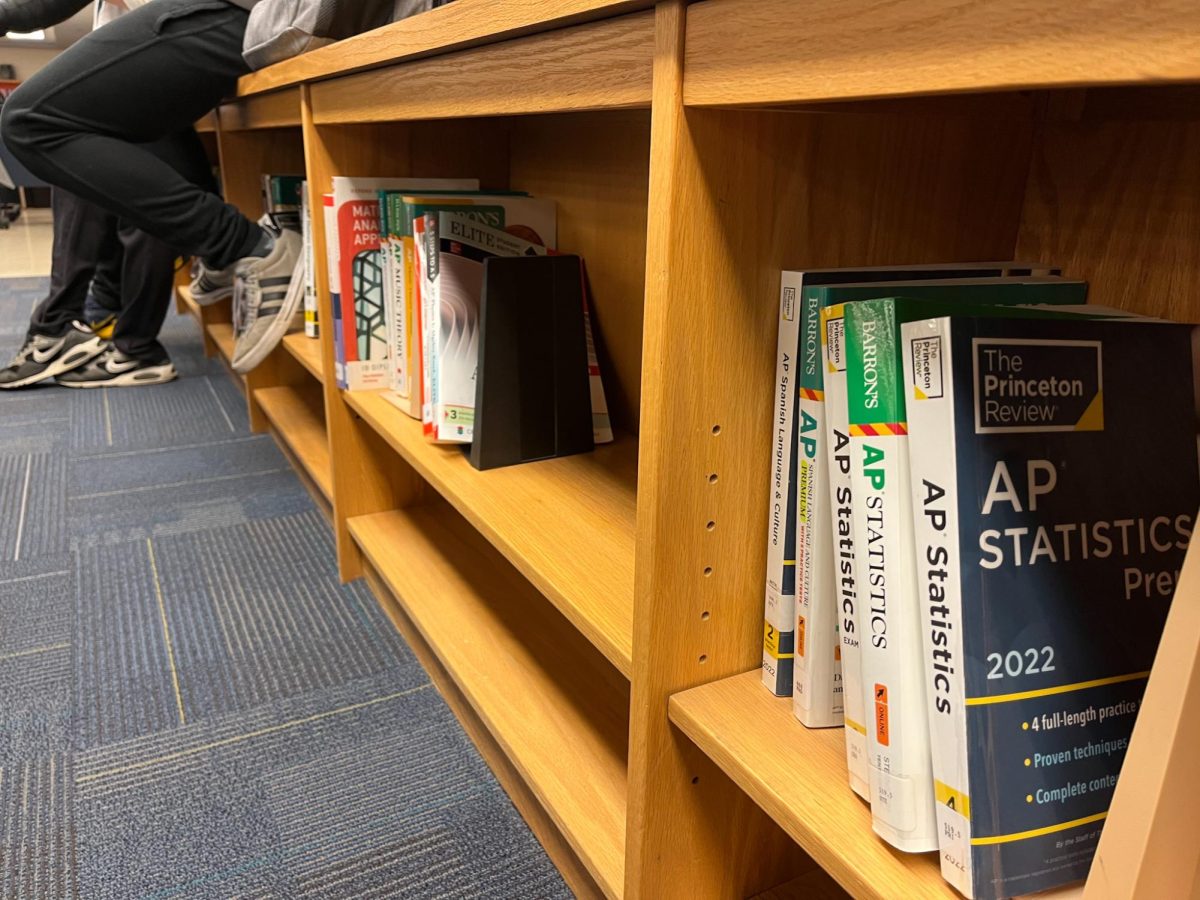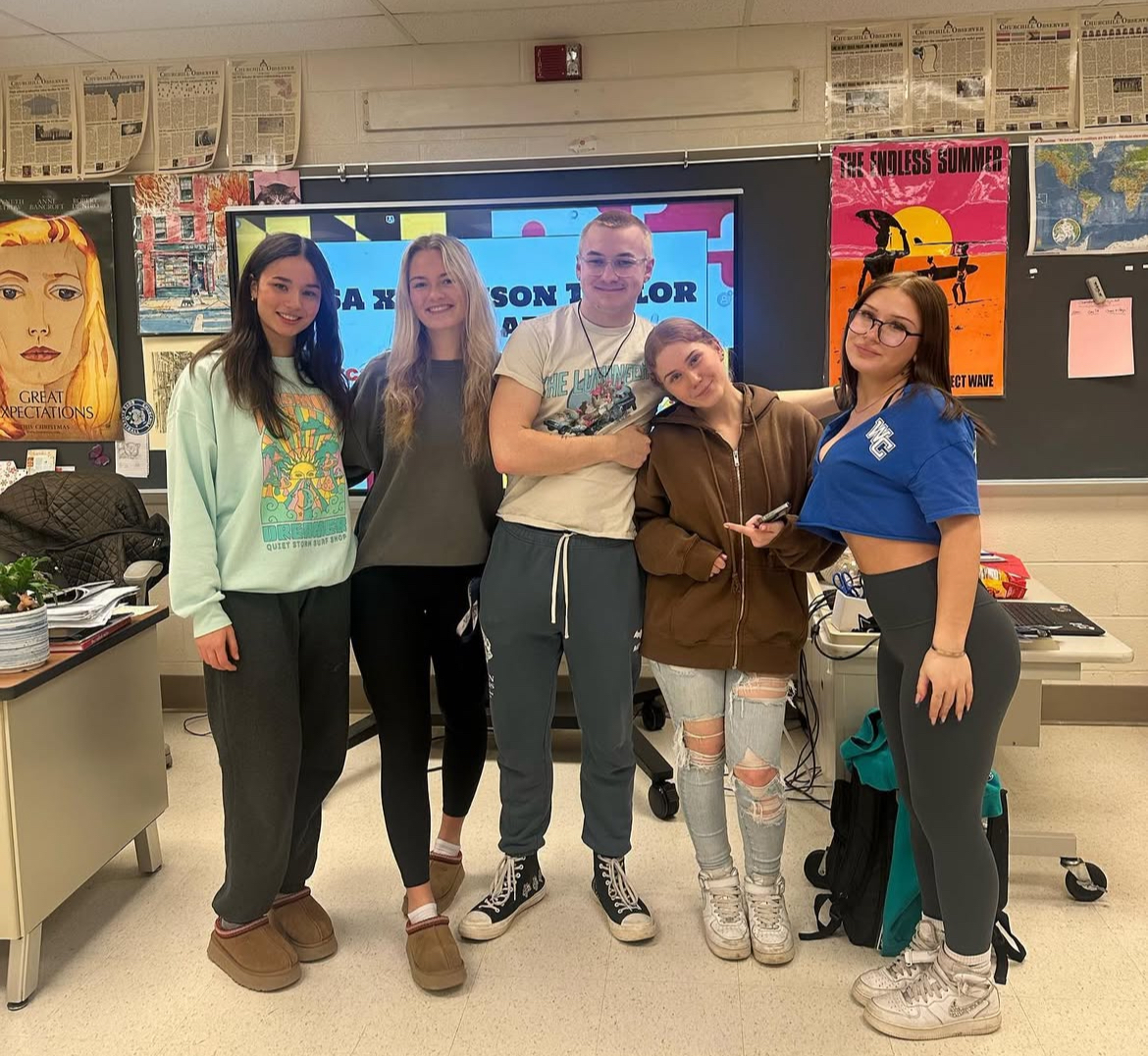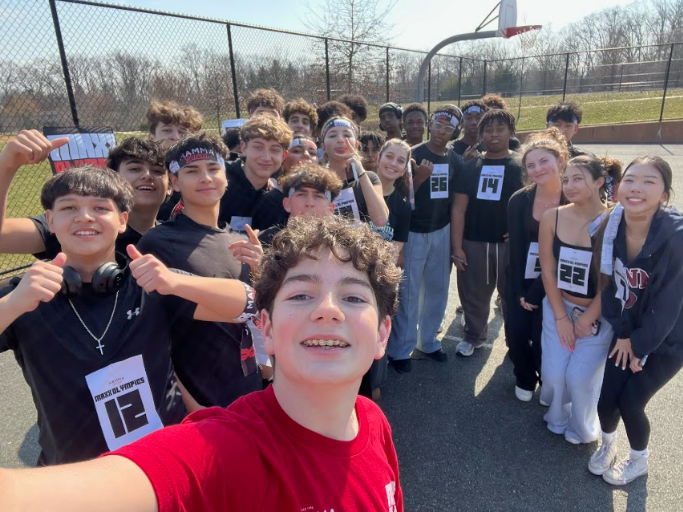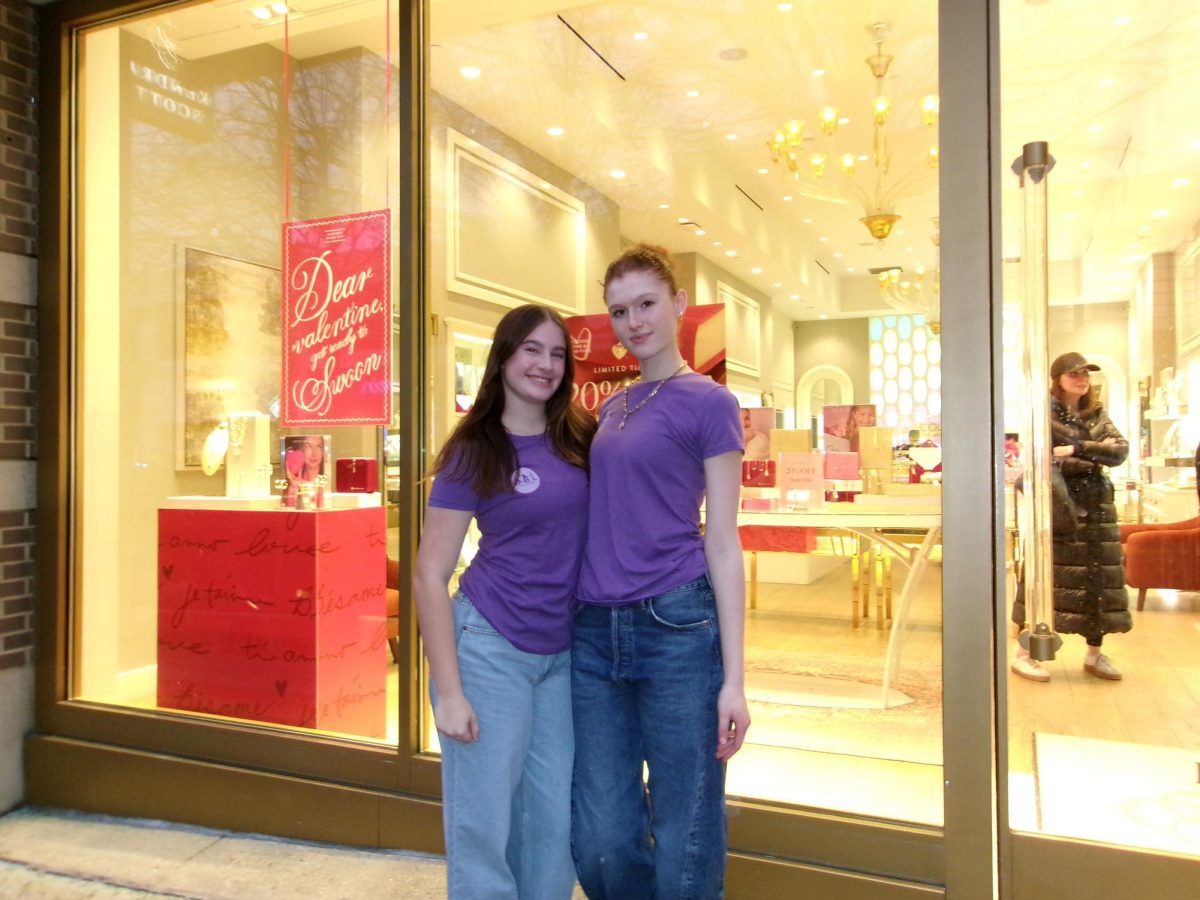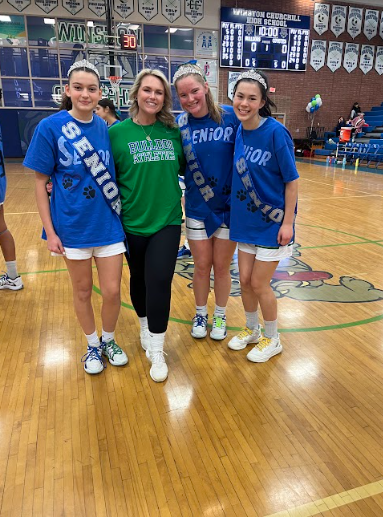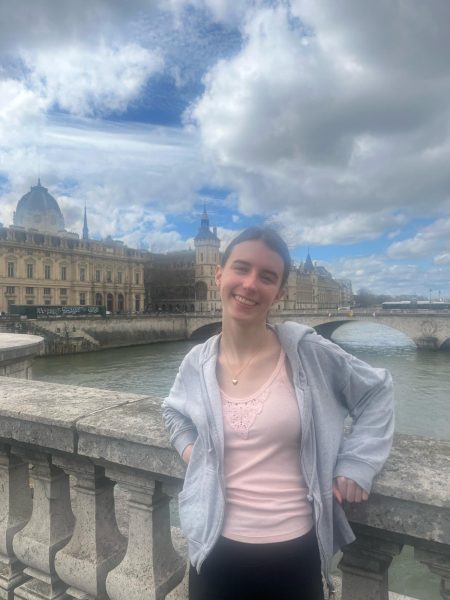Earlier this year, the “tween Sephora girls” phenomenon wreaked havoc across the social media landscape. People began noticing how many tween and teenage girls were obsessed with makeup and skincare; specifically, with anti-aging skincare. Although this conversation has calmed down, the obsession with anti-aging on TikTok has not. In a world where teenage girls are already facing countless unattainable standards, how are they being affected by this fixation with anti-aging?
“I often see anti-aging remedies pushed on TikTok,” WCHS senior Emilia Desideriocioli said. “Seeing this makes me feel anxious and insecure. It makes me question the value of beauty in our society. Why is beauty so valued in women and why are we not allowed to age like normal people?”
This obsession with anti-aging and skincare has had the most obvious impact on Generation Z. Teenage girls are being pushed to partake in extensive skincare routines, use anti-wrinkle straws and even begin Botox all to avoid the appearance of aging. Forbes reports that Generation Z spends over two thousand dollars annually on skincare products—the most out of any generation.
“I started a skincare [routine] at nine,” WCHS freshman Stella Porto said. “I feel like these anti-aging remedies are being pushed to younger and younger crowds.”
The infamous “Sephora tweens” made waves earlier this year as many realized these young girls’ skincare routines included Retinol. Retinol is a vitamin that helps to reduce the appearance of wrinkles. Retinol products are designed to repair damaged skin, which helps older people who may want to reduce the appearance of aging. However, these products can do serious harm to young, undamaged skin. Many girls have reported long-term problems with their skin from Retinol use, including continued redness and rashes.
“There is so much we do not know about these products,” Desideriocioli said. “We have no idea what long-term effects these products will have on young girls. I think this could do a lot of harm to them.”
To many, it seems like in recent years teenagers and young girls have become abnormally obsessed with skincare for no reason at all. However, there is a more insidious factor at play encouraging these girls to obsess over their skin at such a young age. Social media influencers, particularly TikTokers, make huge profits from advertising skincare products. It does not matter whether they use these products or whether they disclose these ads or not, influencers continue to rake in huge profits.
“I am never sure if an influencer is actually using the product they are trying to sell me,” Desideriocioli said. “These influencers monetize people’s insecurities. I think they are really hurting women in order to make a profit.”
At the core of the anti-aging issue is the negative effects this obsession will have on the mental health of teenagers. Many girls feel old at just sixteen and look to the future with dread rather than excitement. These girls fear natural changes in their appearance, something social media has taught them to do.
“Girls are not going to be happy with the way they look anymore,” Porto said. “As they see their mother and their grandmother participating in anti-aging [pratices], they will feel pressure to do the same thing.”
The Harvard School of Public Health explains that the more girls are exposed to social media, the worse the perception of their appearance is likely to be. Since the advent of social media, young girls have developed more and more new insecurities and this anti-aging obsession is just one more thing that will continue to further hurt them.
“Obsession with anti-aging will divert teenagers’ attention and energy from things that matter,” Desideriocioli said. “Instead, girls will be focused on the way they look. I think it could seriously harm their mental health.”
It can be hard to cope with social media’s unrealistic standards for women. Many girls face negative consequences to their mental and physical health due to these standards. Instead of focusing on every sign of age, girls and young women should try to find beauty in their age, no matter what social media or beauty standards say otherwise.
“I think that age represents many good things,” Desideriocioli said. “Age means knowledge and understanding. I do not think we should be so averse to signs of it. Instead, we should welcome the good it can bring.”


